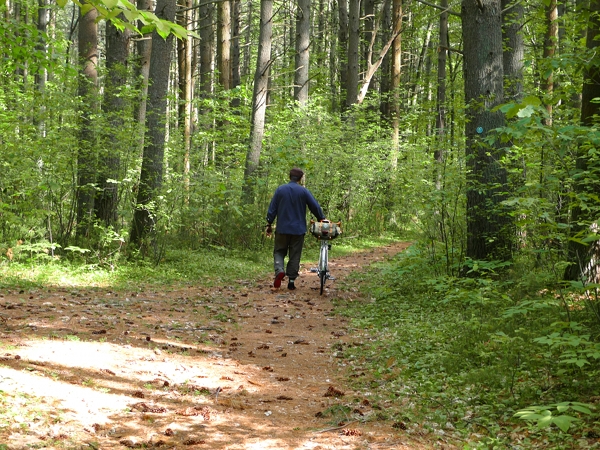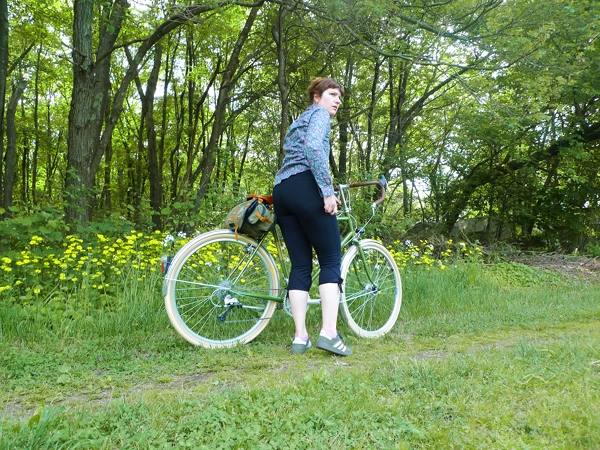
In the weekend, New Zealand had one of its greatest
sporting victories ever, when we beat Serbia 1-0 in
a football match. Serbia who are ranked 15th in
football, couldnt match the skill of New Zealand who
are ranked 78th.
It got me thinking, what are the greatest sporting
victories New Zealand and its sport people has ever had.
IMHO, its the following.
1: The New Zealand mens basketball team, making the semi finals of
the world basketball champs in 2002, we werent even suppose to
qualify for the tournament, yet we made the semis. The most
amazing game of basketball I have seen in my life, was when
we played China and we made Yao Ming looked like a amateur.
This had to be the most special time ever in NewZealand sport.
2: New Zealand making the football cup in 1982 for the first time.
We were a team of amateurs, yet we shocked the world making the
cup which only included 24 teams at the time. We also broke
a ton of records along the way. At the world cup itself we even
scored two goals.
3: New Zealand beating Serbia 1-0, how can a team ranked 78th in
the world beat a team 15th. Thru heart, thats how, we probably
played the greatest game of football, any New Zealand team has
played and it lead to a riot by Serbia fans, Smeltz's goal will
surly go down as the greatest New Zealand goal ever.
4: New Zealand making the 2010 world cup. Its been a 28 year
drought but we did it, we played a team of multi millionaires,
who were funded by a Billionaire Prince, which lead to Fallon
and Paston becoming household names in New Zealand forever.
5: 2004 Olympics, New Zealand faced the world champs in
basketball, and won. Serbia and Montenegro couldn't match
our shooting and defense in the last quarter as we came from
behind to win. Bookies wouldnt even take a bet on the game
before the match. Once again our basketballers shocked the
world.
Lets hope there are many other great kiwi moments to come
in the future.
To the bemused onlooker, it seems to be a branch of predictive science dominated by empurpled men bellowing at one another. Self-righteous doomsters lick their lips as they list the horrors rushing towards us as a direct result of our greed and selfishness. Self-righteous “sceptics” pounce on mistakes by scientists to denounce the whole man-made global warming thesis as a leftish, hairshirt-wearers’ plot.








































